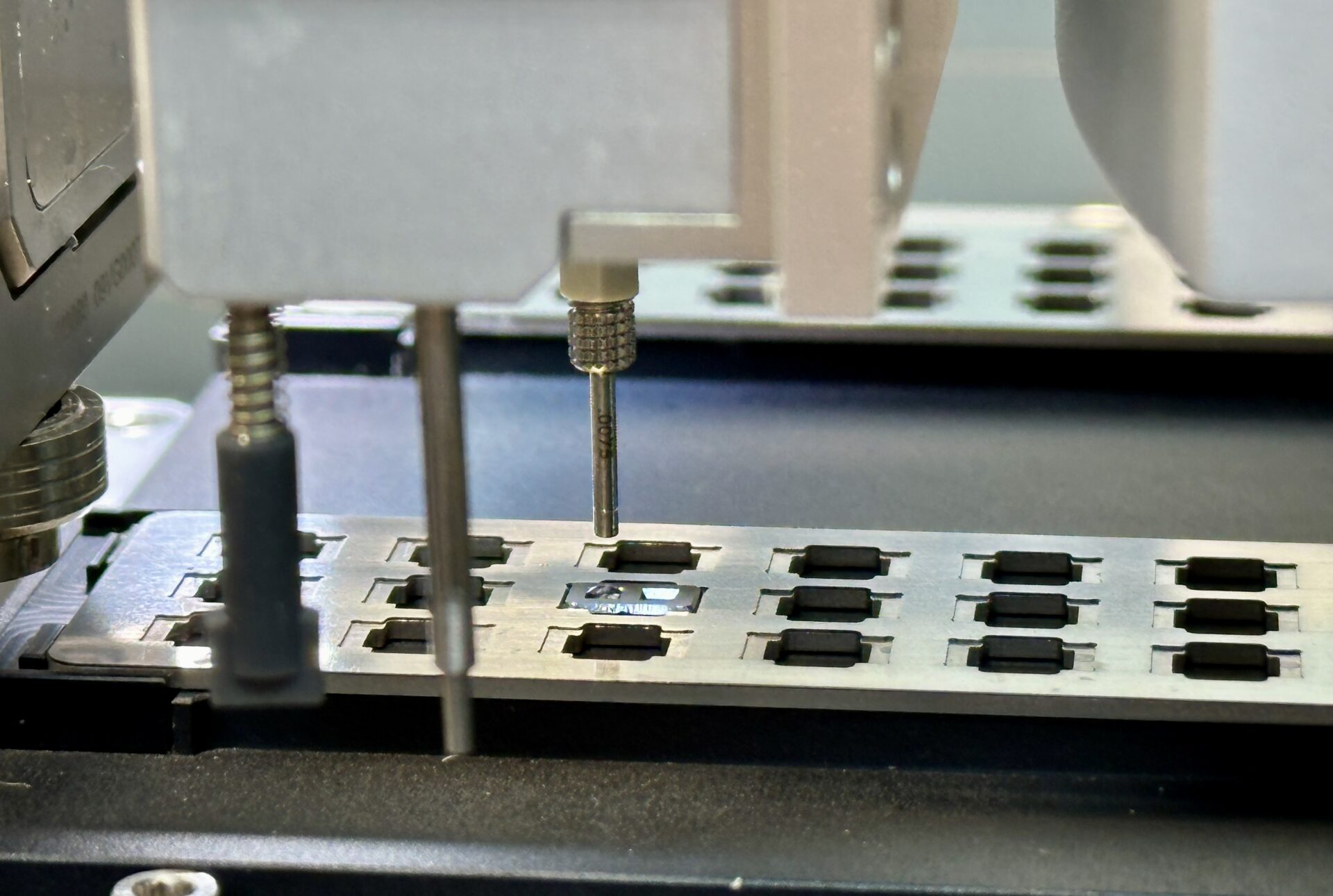Press releases
Lifecare ASA – First successful production based on automatization of critical processes

Bergen, Norway, 2 October 2024: Today, Lifecare ASA (LIFE), a clinical stage medical sensor company developing the next generation Continuous Glucose Monitor (CGM), can announce that we have completed a successful production based on automated processes of our glucose sensor, Sencell.
Reference is made to the Q2 report when the company described the necessary steps of preparations towards automated production. Lifecare’ manufacturing department has successfully executed production of Sencell sensors at our laboratory in Reutlingen, based on automated processes. These processes will now be repeated at our production facilities in Mainz.
– At the end of the 1st quarter, we reached our goal of successful pilot production of Sencell. We have now automated the most critical steps in the production process, transitioning from partially hand-made sensors towards automated production. The achievement demonstrates our ability to conduct automated production of glucose monitoring sensors for both humans and pets, says CEO Joacim Holter.
The sensors that have been produced are now subject to internal in vitro sensor quality control and bacteriological testing. Subject to quality approval, the newly manufactured sensors will be used in the second phase of the longevity study organized by Lifecare Veterinary, starting in the next few weeks.
The automated production process involves two key steps. The first step is a sophisticated deposition process conducted within a Scanning Electron Microscope (SEM), using customized software to produce the Sencell sensor. The second step involves an automated process for filling Lifecare’s proprietary and patented glucose-reactive chemical solution into the nanosized chambers of the sensors. This step also includes applying nano-porous membranes to seal the chambers after filling. To accomplish this, Lifecare’s production team utilizes advanced and customized equipment for automated production processes.
– We are very pleased that our innovative glucose sensor, which has a complex structure, can also be produced based on the automatically processes with the equipment that we have invested in and spent time adapting to our production purpose. While the current automated production is not at a volume scale, it significantly enhances the efficiency of the process and increases sensor output. We will now repeat the production based on automated processes at our pilot manufacturing unit in Mainz and continue the process improvements towards scalable production, says Holter.